Elizabeth Turtle Named 2020-2021 Alumna of the Year
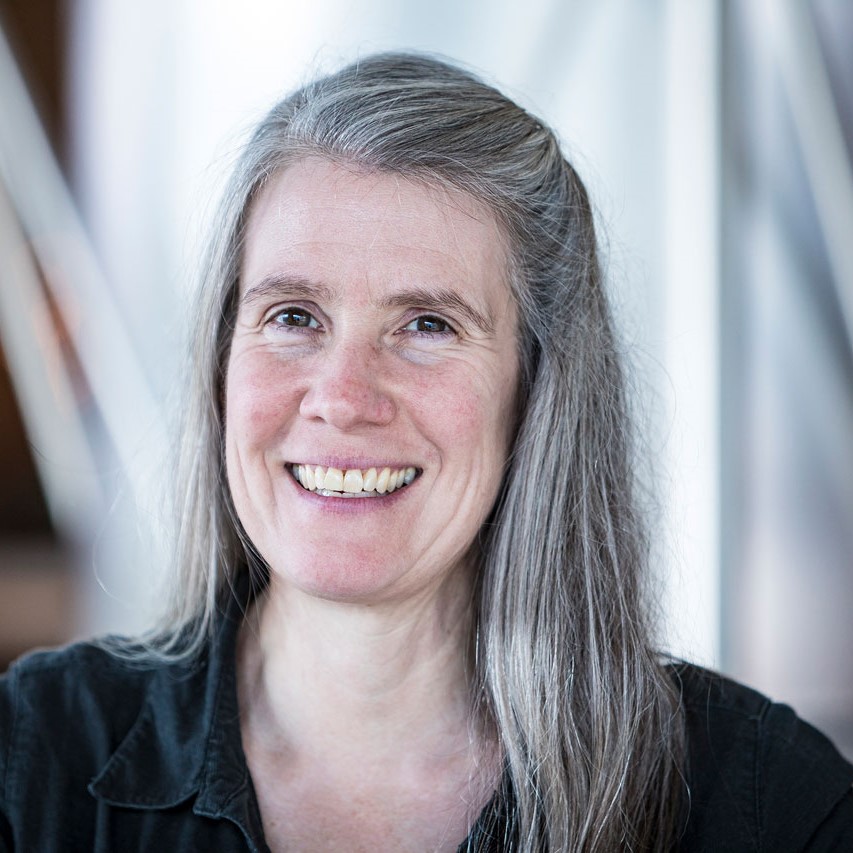 For her outstanding contributions to planetary science, LPL alumna Dr. Elizabeth "Zibi" Turtle was named the 2020-2021 Alumna of the Year for the College of Science by the Arizona Alumni Association. Zibi was recognized at the November 4th, 2021, Alumni of the Year Awards Ceremony.
For her outstanding contributions to planetary science, LPL alumna Dr. Elizabeth "Zibi" Turtle was named the 2020-2021 Alumna of the Year for the College of Science by the Arizona Alumni Association. Zibi was recognized at the November 4th, 2021, Alumni of the Year Awards Ceremony.
Zibi earned her doctorate from LPL in 1998. Her dissertation research combined remote-sensing observations and geophysical modeling of impact craters to understand the cratering process and what craters can tell us about the surfaces and interiors of the planets and moons on which they are formed.
After working on the Galileo, Cassini, and Lunar Reconnaissance Orbiter missions while at UA, she led a team that successfully proposed the Europa Imaging System (known as EIS) for NASA's Europa Clipper mission, which is scheduled to launch in 2024 to explore the habitability of this ice-covered, ocean world moon of Jupiter.
In 2019, NASA selected Dragonfly, led by Zibi as Principal Investigator, as its next New Frontiers mission. Dragonfly, which is scheduled to launch in 2027, is a robotic rotorcraft lander that will spend ~3 years exploring Saturn’s largest moon, Titan. Taking advantage of Titan's low gravity and dense atmosphere, Dragonfly will fly from place to place to make measurements that will help us to understand the chemistry of this organic-rich, ocean world. Titan's chemical processes may be similar to what occurred on the early Earth before life developed here. Dragonfly is the fourth NASA New Frontiers mission and the first led by a woman.
In addition to her project leadership, Zibi has held several important and influential roles in the planetary science community. She has served on the leadership committee for the American Astronomical Society’s Division of Planetary Sciences, the steering committee of NASA’s Outer Planets Assessment Group, and the National Research Council’s Committee on Astrobiology and Planetary Science—the highest-level advisory group for NASA planetary science.
 Alumnus John Moores (2008) was named Science Advisor to the President of Canada. He is the York Research Chair in Space Exploration at York University and is the Director of Technologies for Exo-Planetary Science with Canada's Collaborative Research and Training Experience Program. Dr. Moores previously held positions as Associate Dean of Research and Graduate studies for the Lassonde School of Engineering at York University.
Alumnus John Moores (2008) was named Science Advisor to the President of Canada. He is the York Research Chair in Space Exploration at York University and is the Director of Technologies for Exo-Planetary Science with Canada's Collaborative Research and Training Experience Program. Dr. Moores previously held positions as Associate Dean of Research and Graduate studies for the Lassonde School of Engineering at York University.

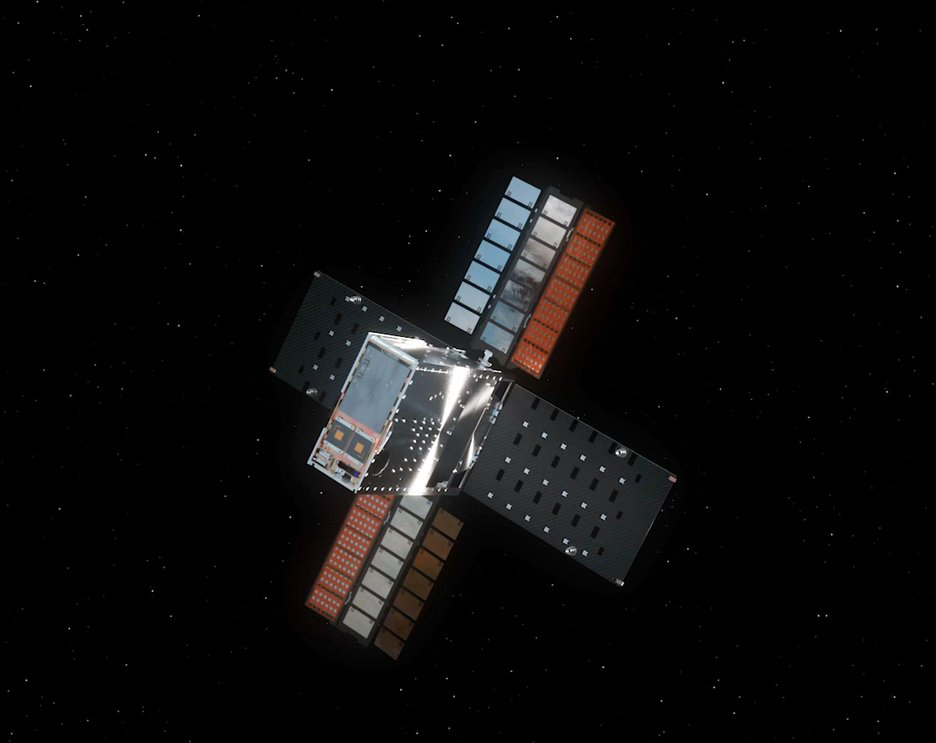 Congratulations to
Congratulations to  LPL alumnus
LPL alumnus 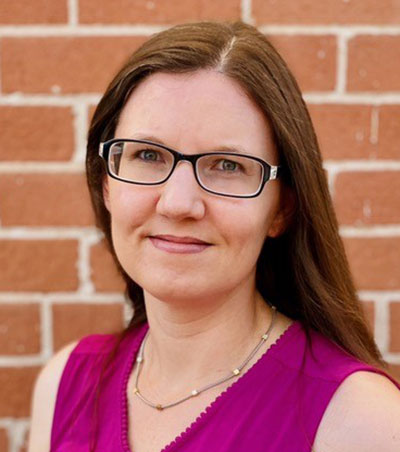 Dr. Kathryn (Kat) Volk, LPL Associate Staff Scientist, is the recipient of the
Dr. Kathryn (Kat) Volk, LPL Associate Staff Scientist, is the recipient of the 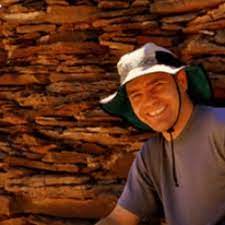 NASA has named LPL alumnus
NASA has named LPL alumnus 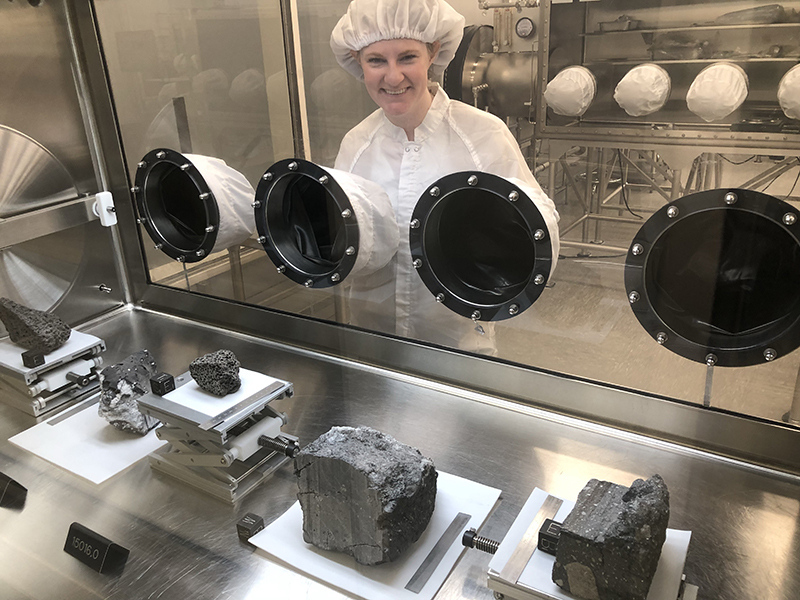
 LPL alum (1978)
LPL alum (1978) 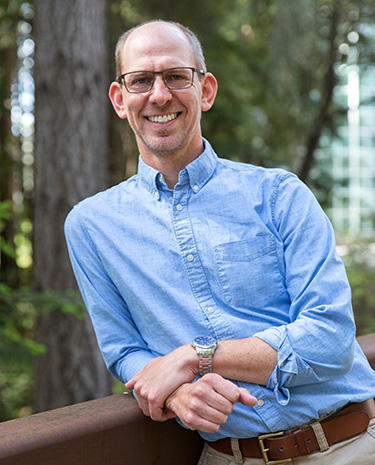 LPL alumnus
LPL alumnus  For her outstanding contributions to planetary science, LPL alumna
For her outstanding contributions to planetary science, LPL alumna